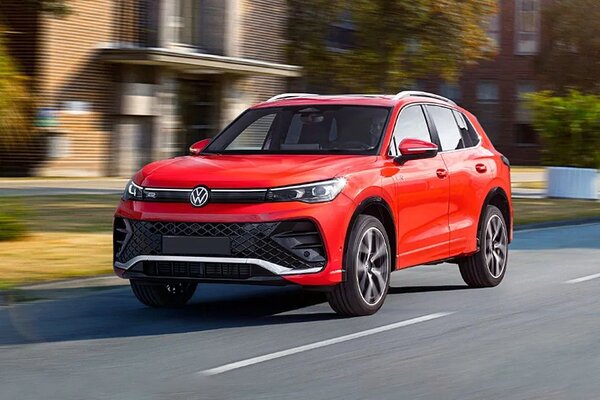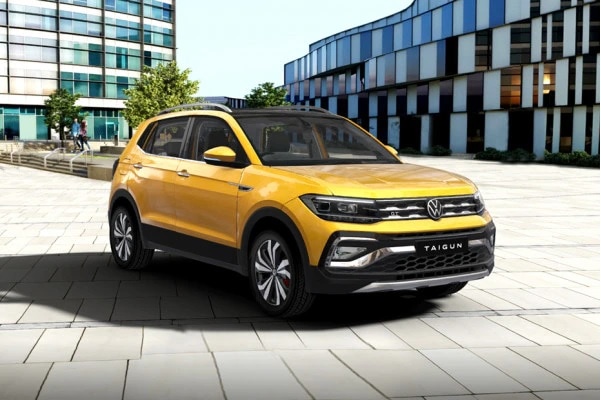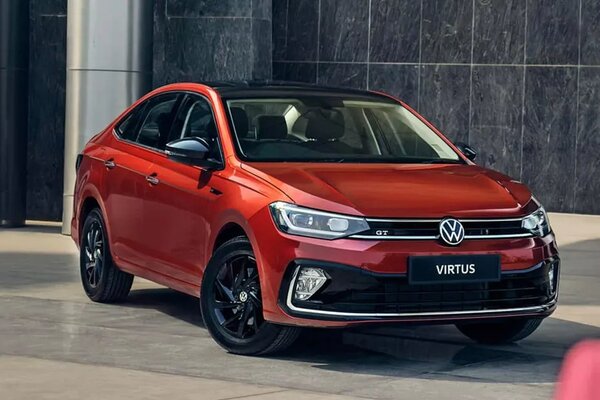Trump's China tech war backfires on automakers as chips run short
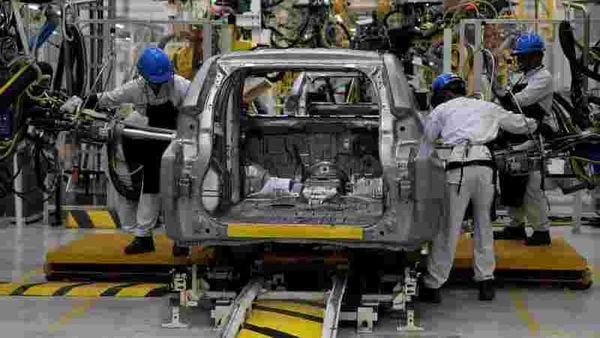

Automakers around the world are shutting assembly lines because of a global shortage of semiconductors that in some cases has been exacerbated by the Trump administration's actions against key Chinese chip factories, industry officials said.
The shortage, which caught much of the industry off-guard and could continue for many months, is now causing Ford Motor Co, Subaru Corp and Toyota Motor Corp to curtail production in the United States.
Also check these Vehicles
Automakers affected in other markets include Volkswagen, Nissan Motor Co Ltd and Fiat Chrysler Automobiles.
The problems stem from a confluence of factors as auto manufacturers compete against the sprawling consumer electronics industry for chip supplies. Consumers have stocked up on laptops, gaming consoles and other electronic products during the pandemic, creating tight chip supplies throughout 2020.
They have also bought more cars than industry officials expected last spring, further straining supplies.
In at least one case, the shortage ties back to President Donald Trump's policies aimed at curtailing technology transfers to China.
One automaker moved chip production from China's Semiconductor Manufacturing International, or SMIC, which was hit with U.S. government restrictions in December, to Taiwan Semiconductor Manufacturing Co in Taiwan, which in turn was overbooked, a person familiar with the matter told Reuters.
Also Read : Audi to reduce shifts temporarily at Mexico plant due to semiconductor shortage
An auto supplier confirmed TSMC has been unable to keep up with demand.
"The systemic aspect of the crisis is giving us a headache," said a supplier executive, who asked not to be identified. "In some cases, we find substitution parts that could make us independent from TSMC, only to discover that the alternative wafer manufacturer has no capacity available."
TSMC and SMIC did not immediately respond to requests for comment.
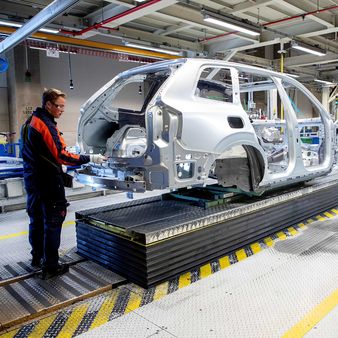

On an earnings call with investors Thursday, TSMC Chief Executive C.C. Wei said there was a shortage of automotive chips made with "mature technology" and that it is working with customers "to mitigate the shortage impact."
It only takes the tiniest of chips to throw off production: a Ford plant in Kentucky that makes the Escape sport utility vehicle idled because of a shortage of a chip in the vehicle's brake system, a union official in the plant said.
Ford also will idle its Focus plant in Saarlouis, Germany, for a month starting next week because of chip shortages.
The situation is unlikely to improve quickly, since all chips, whether bound for a laptop or a Lexus, start life as a silicon wafer that takes about 90 days to process into a chip.
The chipmaking industry has always strained to keep up with sudden demand spikes. The factories that produce wafers cost tens of billions of dollars to build, and expanding their capacity can take up to a year for testing and qualifying complex tools.
"The long and short of it is, demand is up about 50%. And there's no asset-intensive industry like ours that has 50% capacity lying around," said Mike Hogan, senior vice president at chip manufacturer GlobalFoundries and head of its automotive unit.
HUAWEI EFFECT
Tight capacity and soaring demand has made it difficult for chip producers to absorb two shocks from the Trump administration.
First, the White House in September banned Huawei Technologies Co Ltd, the Chinese telecommunications giant and a major smartphone maker, from buying chips made with American technology. Huawei stockpiled chips ahead of the ban in order to keep building what products it could after it took effect. And Huawei's rivals, eyeing a chance to grab market share, started snapping up chips, analysts said.
Second, the U.S. government enacted rules that bar SMIC from using some U.S. tools to make chips, a move that has prompted at least some of SMIC's customers to look for a different chip factory because of concerns that production could be disrupted.
"There's a fear of using a Chinese chip factory if the United States is going to put them on an entity list," said Daniel Goehl, chief business officer of UltraSense Systems, referring to possible further restrictions.
A Commerce Department spokesman declined to comment on the implications of the SMIC and Huawei blacklistings for the auto sector but said that the top priority was "to ensure the Export Administration Regulation protects U.S. national security, economic security, and foreign policy interests."
Analysts said the automotive chip shortage is likely to persist for as long as six months. An AutoForecast Solutions report estimated the global auto industry had already experienced lost volume of 202,000 vehicles as of Jan. 13.
Executives at automakers and suppliers said they are adapting production schedules to protect chips used in higher-profit vehicles. And companies are weighing sourcing chips from more suppliers and increasing inventory levels in the future.
"It's four-dimensional chess all day long," said one auto official, who asked not to be identified.







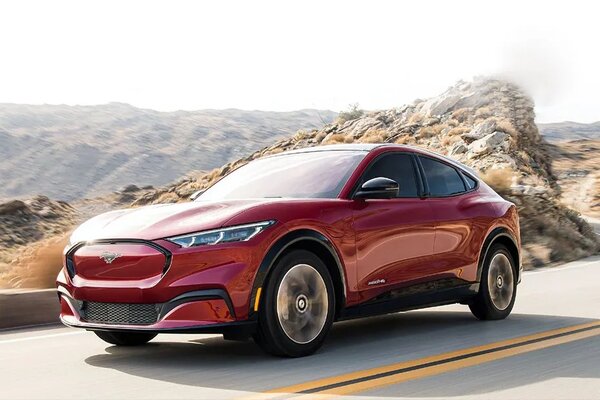
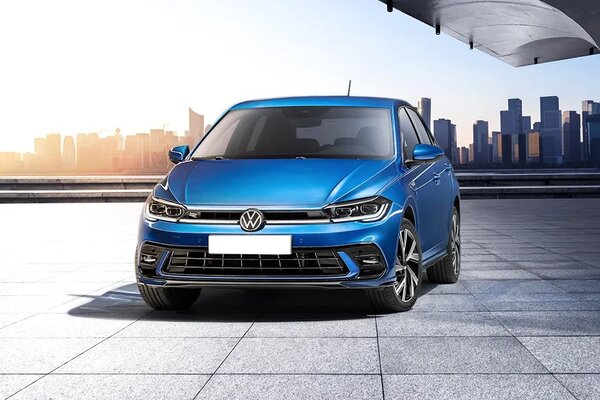
 999 cc
999 cc Petrol
Petrol